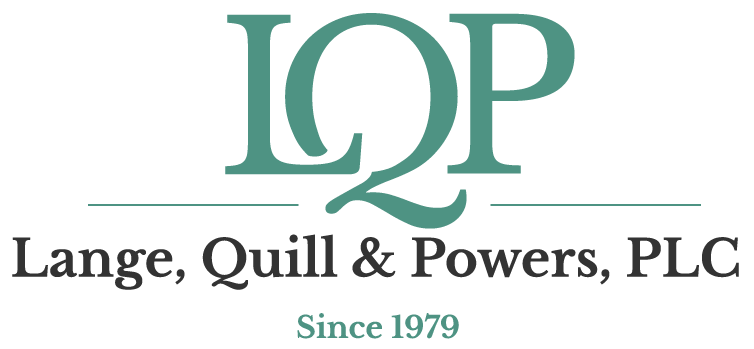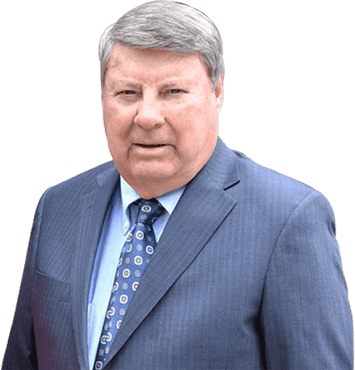There may be several reasons a commercial property owner cannot pay their mortgage. If this happens over a period of time, the lender may start foreclosure proceedings.
Reasons for non-payment
A commercial property owner can face financial hardships, such as business losses or downturns in the economy that make them unable to pay their mortgage. The owner also may not be able to pay for insurance and their yearly property taxes, which can also result in foreclosure.
Sometimes, there is a change in the real estate market that causes the property to lose its value. The market can also be affected by increased interest rates. This may be especially difficult for the property owner where they have an adjustable-rate mortgage. The higher interest rates lead to a higher monthly payment.
The property owner may also have difficulty if they or their business partners have mismanaged the business.
Foreclosure process
The foreclosure process for a commercial property begins when the mortgage lender sends the borrower a default notice, which provides a time frame to make a payment. Under some mortgage terms, this means the borrower must resume making the monthly payment along with overdue payments. In other situations, it means the borrower must pay the entire loan balance.
If the borrower does not pay, the lender can file a notice of foreclosure with the court. If the lender sells the property and there is still a balance owed, the lender can pursue the borrower for that amount.
If the lender receives more from the sale than the balance owed, it may be required to return that amount to the borrower.

